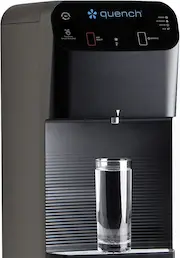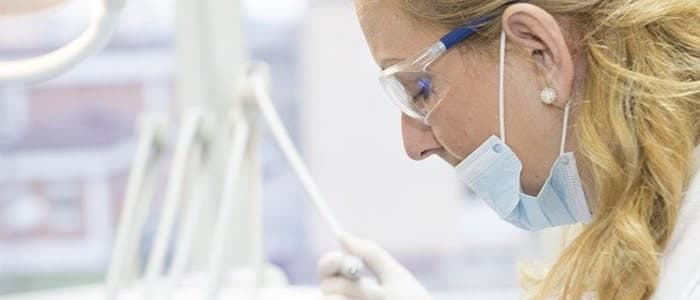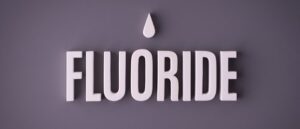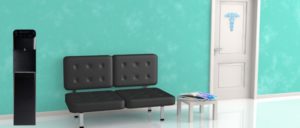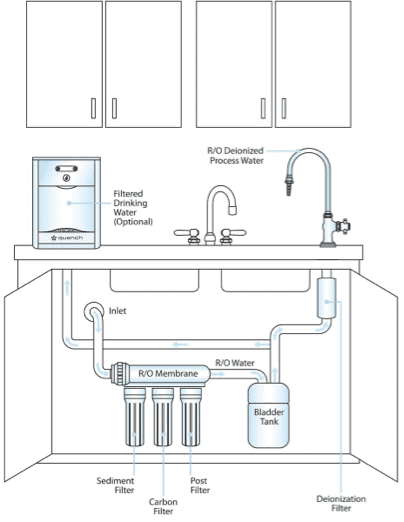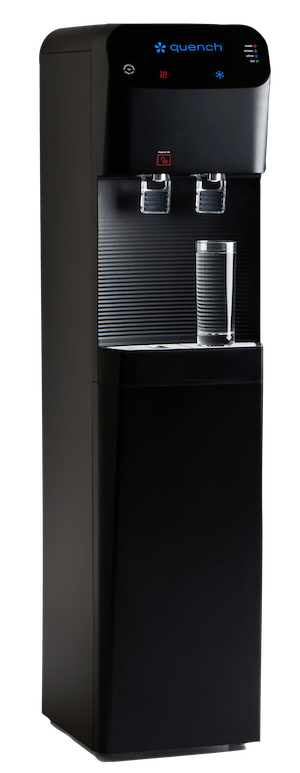Dental practices need a reliable source of clean, filtered water for delivering great care. Improperly treated water running through dental unit waterlines could put your dental units at risk of developing harmful bacteria, which could spell trouble for patients.
To avoid a build-up of harmful microorganisms and to keep doctor’s patients as healthy as possible, the CDC says all dental units should use systems that treat water to meet drinking water standards. Traditionally, dental offices have had only two choices for accessing high-purity water: a water delivery service or on-site distillation, neither of which are convenient nor economical. There is a third alternative, that is both convenient and cost-effective – a deionized water system.
Filling Your Autoclave with High-Purity Water
Ask any dentist, dental hygienist, or support staff at a dental clinic and they will tell you that having a reliable autoclave is essential for their operations to run smoothly. An autoclave is a machine that turns purified water into steam to sterilize germs on dental equipment intended for reuse.[1]
When water with impurities and contaminants is used in autoclaves, dissolved minerals and salts are left behind in the steam generator, pipes, and valves, clogging the pipes and decreasing the efficiency, functionality, and lifespan of your autoclave.
To help prolong the life of expensive autoclaves, many dental offices and labs opt to use high-purity water.
Water Standards for Dental Chair Water Reservoirs
The American Dental Association (ADA) recommends dental offices keep a separate water reservoir for the dental chair, independent from public water supplies or a dental water unit. A dental water unit allows dentists and staff to have better control over the quality of water used in patient care and prevents any dental care interruptions during local “boil water” notices.
In 1995, an ADA panel on dental water units recommended that water used during nonsurgical dental treatment contain less than 200 colony-forming units per milliliter (CFU/ml) of bacteria at any given time. The CDC recommends that water used in nonsurgical treatment meet the drinking water standards for bacterial contamination by containing no more than 500 CFU/ml of bacteria and that sterile water be used during oral surgical procedures. To comply with both of these recommendations, many dental offices will opt to use high-purity water in their dental water units.
High-Purity Water Doesn’t Always Make the Most Sense
Traditionally, dental offices used distilled water for both their autoclaves as well as their water units. Some dental offices would have distilled 5-gallon water jugs delivered to the office, a very expensive practice. Additionally, 5-gallon water jugs weigh 48-pounds. That heavy load can be a dangerous burden for dental staff who regularly switch out jugs. The large plastic containers also take up a great deal of space and contribute to office clutter. On top of all that, the process of connecting 5-gallon water jugs to an autoclave is challenging and can possibly expose your water to contamination.
On-site water distillers are also commonly used in dental offices. While on-site water distillers are more cost-effective than water delivery services, they can add considerably to the electric bill. On average, it takes about 3 kilowatt hours to distill one gallon of water, adding $0.36 to the electric bill for every gallon of distilled water used.
Instead of dealing with the headaches that come constantly having to refill an autoclave with 5-gallon water jugs or paying higher electric bills to operate on-site water distillers, switch to a deionized water system for an endless supply of pure water.
A deionized water system uses ion-exchange resins to chemically remove sodium, iron, chlorides, and sulfates from a building’s existing water supply. Those systems are often used in dental labs, optical labs, pharmacies, food-processing operations, and as a rinse agent since it leaves absolutely no salts or other minerals behind.
Quench Offers Economical Deionized Water Systems for Dental Offices
A more cost-effective and convenient alternative to water delivery services and on-site distillation is on-site deionization and water filtration. The deionization process is quick and does not require additional electricity. Pairing a deionized water system like the Quench 250 Water Deionization System with reverse osmosis filtration removes all dissolved solids from water, creating ultra-pure water.
The Quench 250 is a state-of-the-art four-stage purification process that delivers the purest water free of dissolved solids, minerals, salts, and other impurities. The system offers pure water on-demand, eliminating the need for delivered bottled distilled water or on-site steam water distillers. Plus, it includes a gooseneck spigot, which makes filling dental water units easy.
You can learn more about the Quench 250 and all its features here.
Are you ready to ditch your expensive water delivery service and/or the energy-draining water distillers in your dental clinic? Now is a great time to do so. Quench offers filtered water dispensers and deionized water systems that are sure to enhance the operations in your office.
Call one of our local water experts to get started on your order and learn more about Quench’s filtered water dispensers. Our friendly, knowledgeable customer service team is available to answer your questions, solve problems, and arrange prompt service calls by a certified Quench technician, nationwide.
You can also click the green button in the top right corner to get a free quote and explore all the filtered water dispensers available to you.
[1] https://tuttnauer.com/blog/how-to-choose-the-right-autoclave-for-your-dental-clinic
